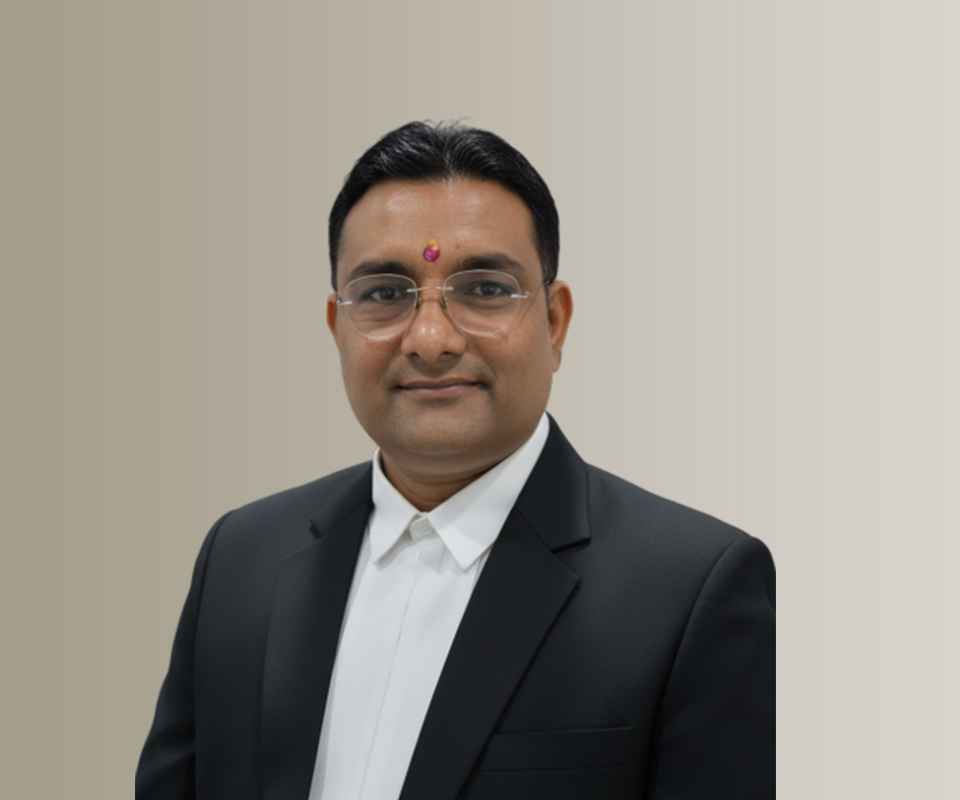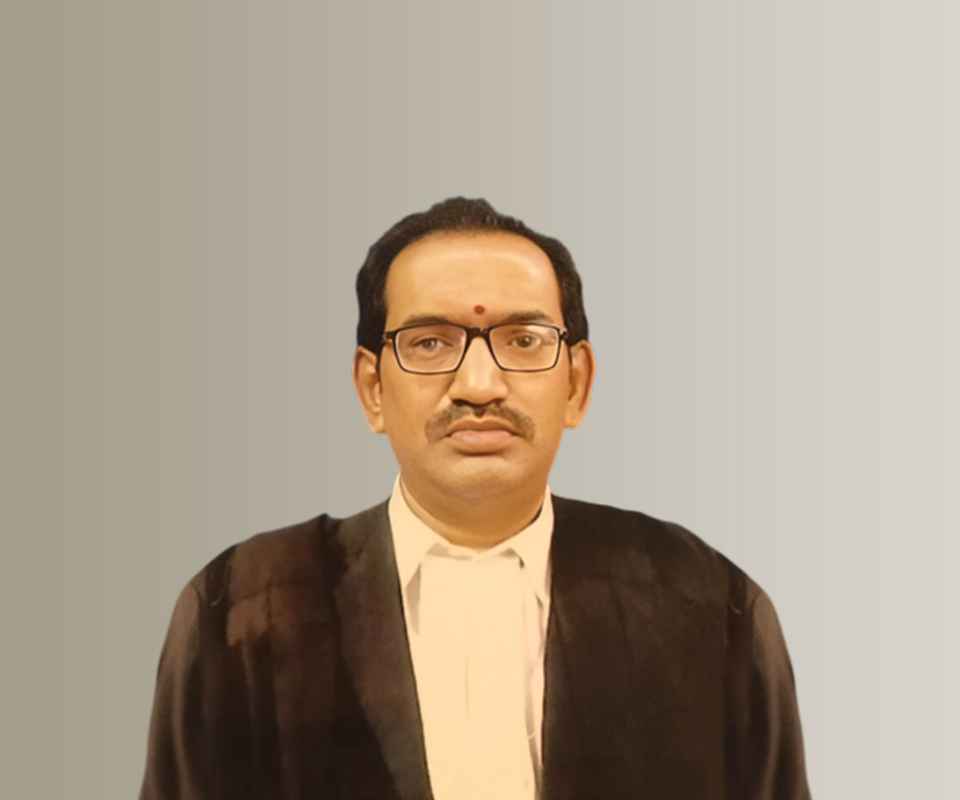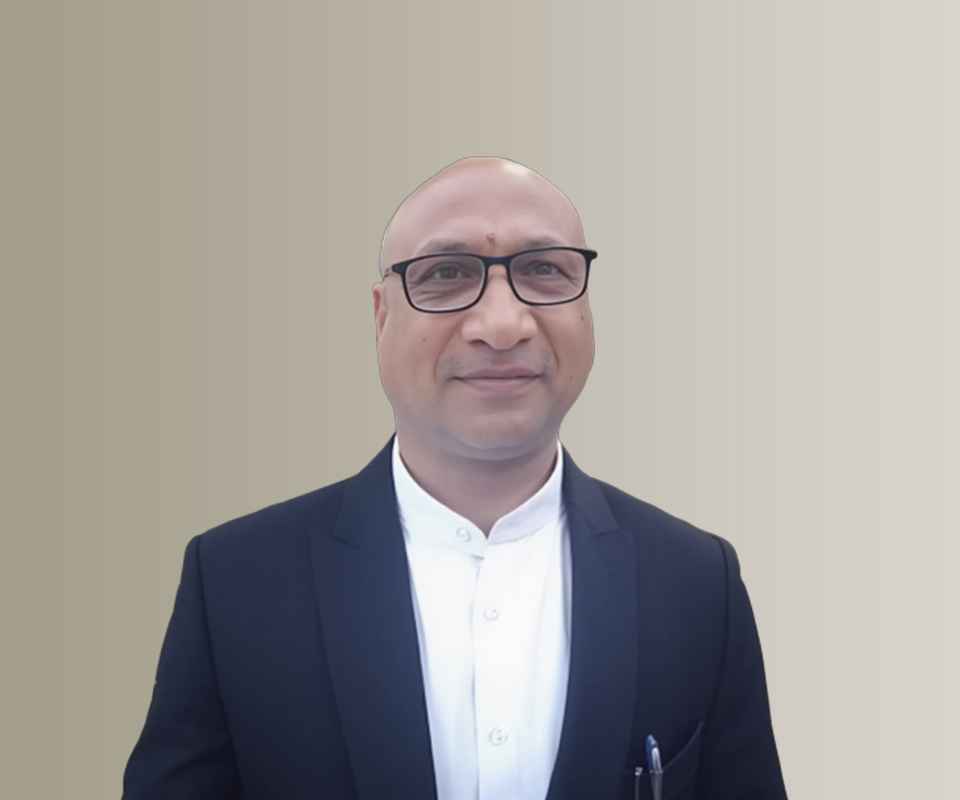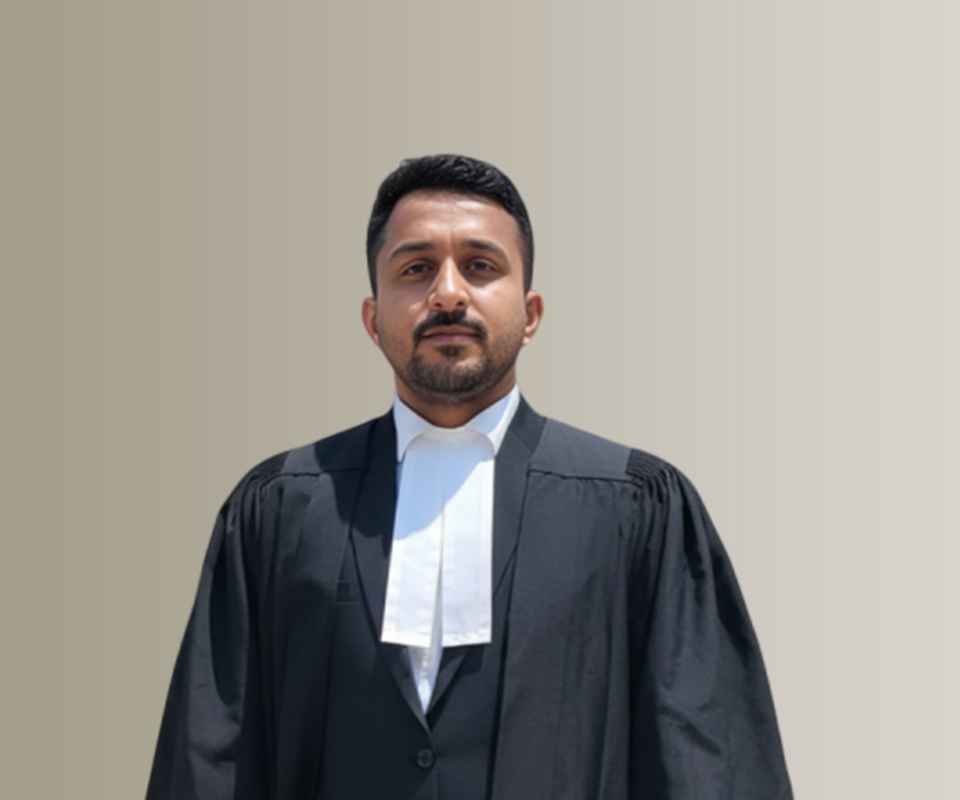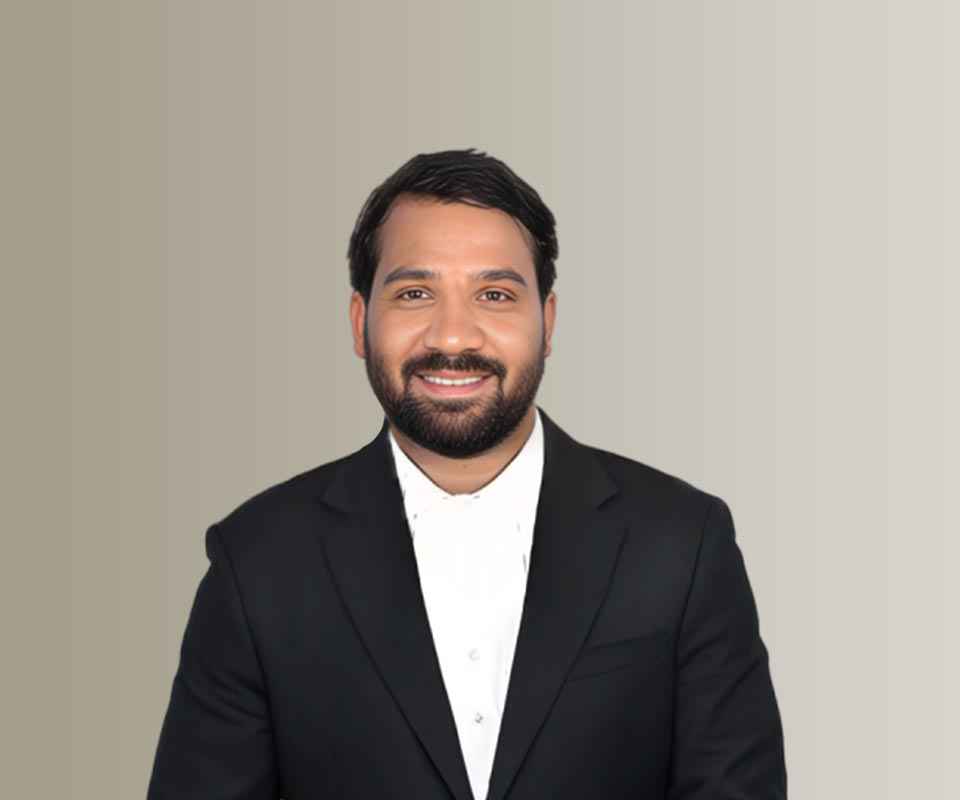Answer By law4u team
Bhartiya Sakshya Adhiniyam, 2023 - Section 127: Judges and Magistrates
No Judge or Magistrate shall, except upon the special order of some Court to which he is subordinate, be compelled to answer any question as to his own conduct in Court as such Judge or Magistrate, or as to anything which came to his knowledge in Court as such Judge or Magistrate; but he may be examined as to other matters which occurred in his presence whilst he was so acting.
Illustrations
(a) A, on his trial before the Court of Session, says that a deposition was improperly taken by B, the Magistrate. B cannot be compelled to answer questions as to this, except upon the special order of a superior Court.
(b) A is accused before the Court of Session of having given false evidence before B, a Magistrate. B cannot be asked what A said, except upon the special order of the superior Court.
(c) A is accused before the Court of Session of attempting to murder a police officer whilst on his trial before B, a Sessions Judge. B may be examined as to what occurred.
Brefe Detail
This section establishes the limitations on the ability to question Judges and Magistrates regarding their conduct in Court. It protects the integrity of judicial proceedings by stating that they cannot be compelled to answer questions about their official conduct, unless specifically ordered by a higher court. However, they can be questioned about other matters they witnessed while performing their judicial duties.
Question & Answers
What does Section 127 state about Judges and Magistrates?
Section 127 states that no Judge or Magistrate can be compelled to answer questions regarding their conduct in Court unless ordered by a superior Court. They can be examined about other matters they witnessed while acting in their judicial capacity.
Under what circumstances can a Judge or Magistrate be compelled to answer questions?
A Judge or Magistrate can only be compelled to answer questions about their conduct in Court if there is a special order from a superior Court.
Can a Judge be asked about a deposition taken during a trial?
No, a Judge cannot be compelled to answer questions about a deposition taken during a trial, except if a superior Court orders it.
Example
1. Example Scenario: During a trial, if A claims that a Magistrate, B, took an improper deposition, B cannot be asked about this unless a superior Court specifically orders it.
2. Example Scenario: If A is accused of giving false evidence before B, a Magistrate, B cannot disclose what A said unless instructed by a superior Court.
3. Example Scenario: If A is on trial for attempting to murder a police officer, B, the Sessions Judge, can be asked about the events that occurred during that trial.
Summary
Section 127 of the Bhartiya Sakshya Adhiniyam, 2023 outlines the protections afforded to Judges and Magistrates regarding their testimony about their conduct in Court. It emphasizes that they cannot be compelled to answer such questions unless directed by a higher authority while allowing them to testify about other events witnessed during their judicial duties.

